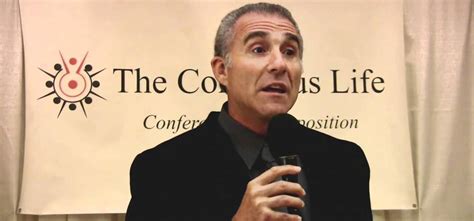A Quote by Marcia Angell
The pharmaceutical industry likes to depict itself as a research-based industry, as the source of innovative drugs. Nothing could be further from the truth. This is their incredible PR and their nerve.
Related Quotes
Over the past two decades the pharmaceutical industry has moved very far from its original high purpose of discovering and producing useful new drugs. Now primarily a marketing machine to sell drugs of dubious benefit, this industry uses its wealth and power to co-opt every institution that might stand in its way, including the US Congress, the FDA, academic medical centers, and the medical profession itself.
In the last century the practice of medicine has become no more than an adjunct to the pharmaceutical industry and the other aspects of the huge, powerful and immensely profitable health care industry. Medicine is no longer an independent profession. Doctors have become nothing more than a link connecting the pharmaceutical industry to the consumer.
Since the 1920s, virtually all continuing medical and public health education is funded by pharmaceutical companies. In fact, today, the FDA can't even tell health scientists the truth about vaccine contaminants and their likely effects. The agency is bound and gagged by proprietary laws and non-disclosure agreements forced upon them by the pharmaceutical industry. Let us not forget that the pharmaceutical industry, as a special interest group, is the number one contributor to politicians on Capital Hill.
It's easy to complain that pharmaceutical companies place profits over people and apparently care more about hair loss than TB. However, many in the pharmaceutical industry would be glad for the opportunity to reorient their research toward medicines that are truly needed, provided only that such research is financially sustainable.
It [the pharmaceutical industry] is the most profitable industry in the world, and partially funds the US government. It surpasses oil in terms of profits and my country recently went to war due to oil pricing. What does that say they will do to keep this other industry in tact? It is up to patients and their families to question what they are being given, and to consumers to demand better, more natural alternatives.

































